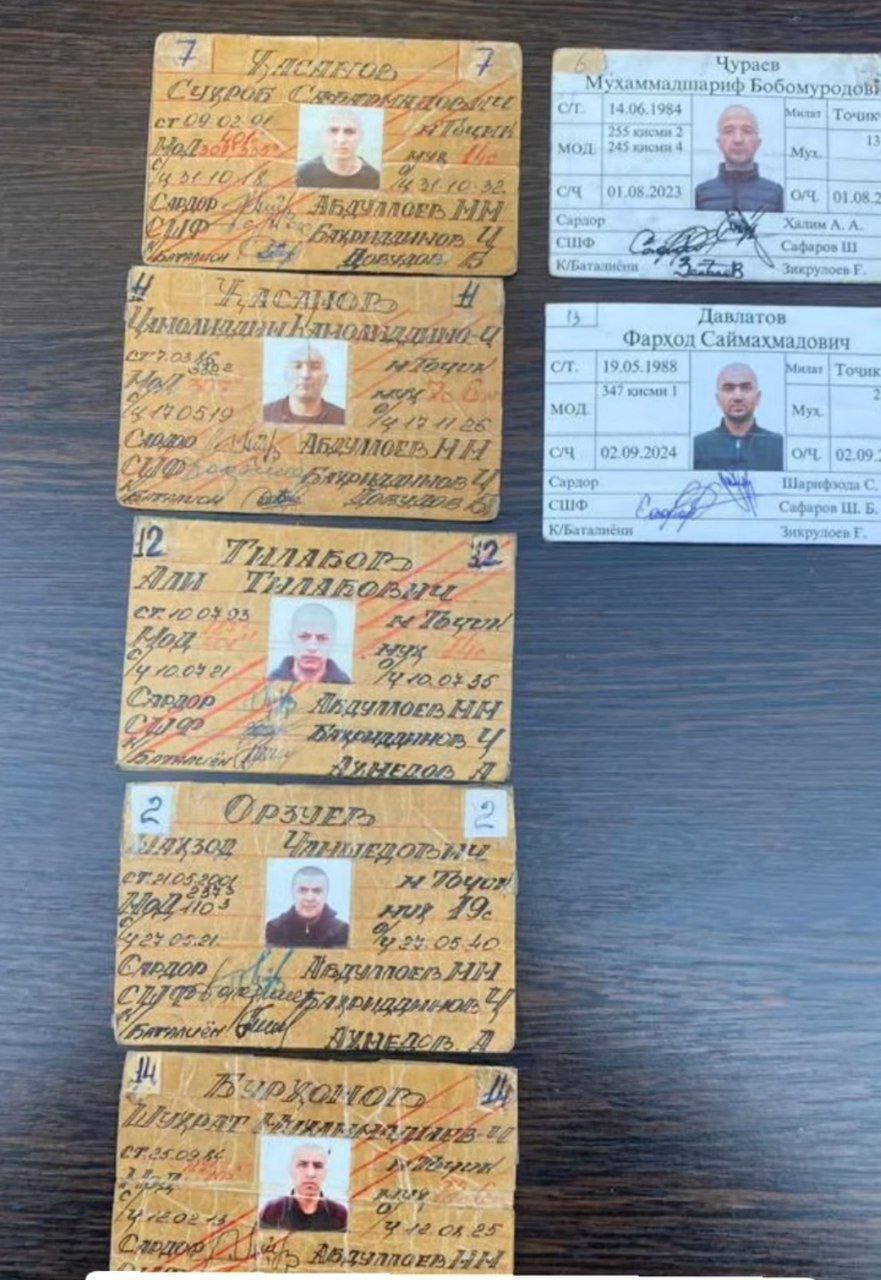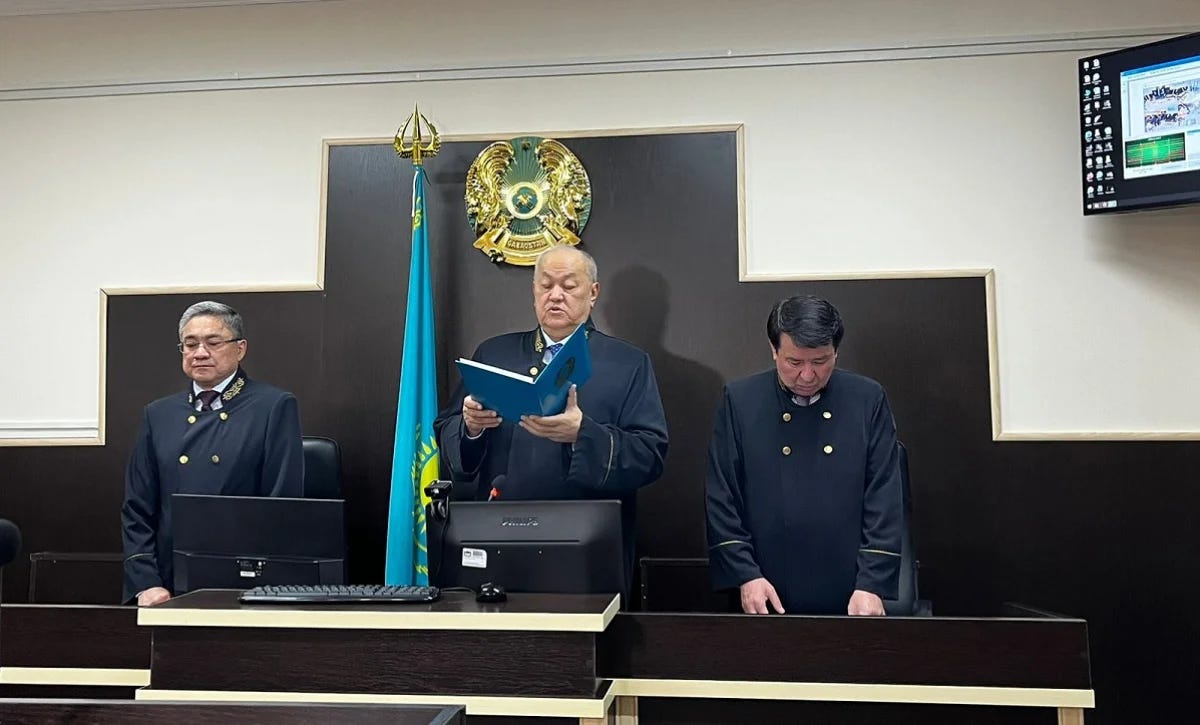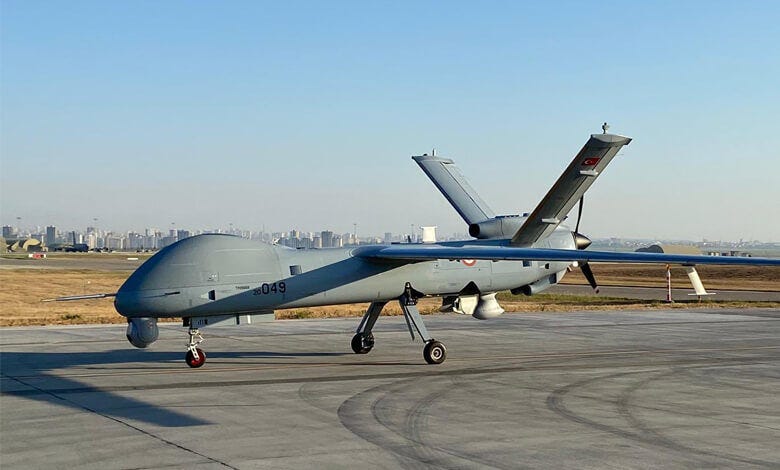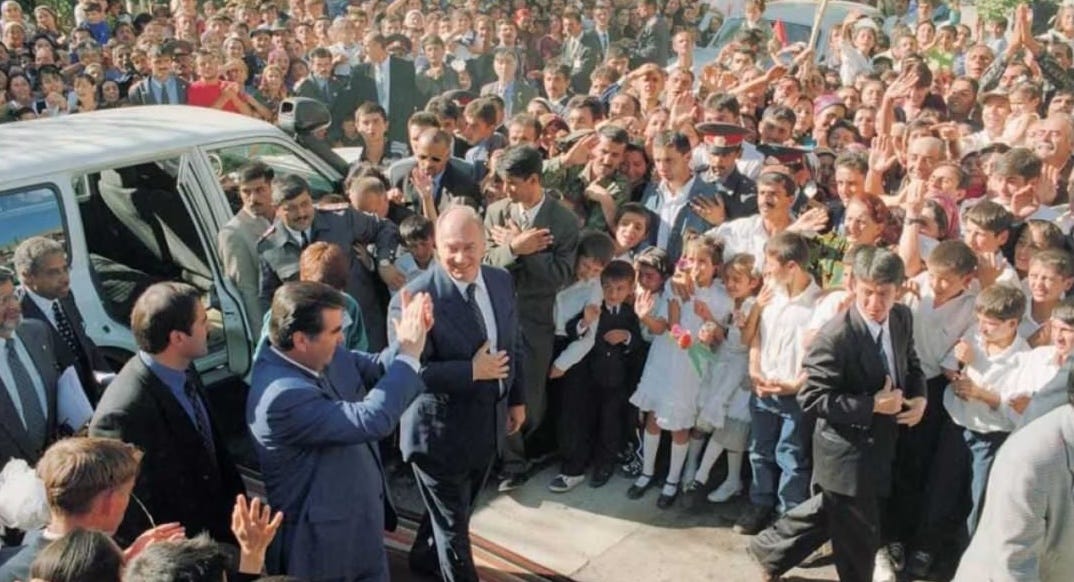Central Asia's week that was #40
Deadly prison riot in Tajikistan, coup plot trial closes, and Russian migration rules. Also, CASA-1000 making progress, Uzbek potatoes, and gas output down.
So this happened…

Authorities in Tajikistan claim they suppressed a prison riot at a high-security facility in the city of Vahdat, resulting in the deaths of several inmates. Officials claim that nine prisoners armed with makeshift weapons attacked guards in an attempted jailbreak, leaving at least three inmates dead and three prison staff seriously wounded. Images obtained and released by independent outlets indicate more were killed – apparently shot dead. Some sources have reported that five prisoners were killed. Opposition representatives assert the true number may be even higher. Among those confirmed dead was the brother of an exiled opposition activist. Relatives say officials attempted to bury his body in secrecy and denied them the chance to inspect it. This is the third deadly prison disturbance in Tajikistan since 2018.
A court in Tajikistan sentenced several former officials, politicians, and journalists to lengthy prison terms after a secretive trial over a purported coup plot. The Supreme Court convicted former Foreign Minister Hamrokhon Zarifi and ex-Democratic Party leader Saidjafar Usmonzoda, sentencing them to 27 years in prison. Former Supreme Council Chairman Akbarsho Iskandarov received 18 years, as did opposition figures Shokirjon Hakimov and Ahmadshoh Komilzoda. Two retired security officials were also sentenced to 18 years. Journalist Rukhshona Hakimova received eight years on treason charges. According to reports, she was convicted over her reporting on China’s influence in Tajikistan. She was taken into custody in the courtroom. Her two young children were placed in the care of relatives.
Kyrgyzstan’s government warned that new Russian migration rules will place additional bureaucratic burdens on Kyrgyz nationals seeking to work in Russia. From June 30, Kyrgyz migrants will have to pre-register their purpose for travel online before entering the country. A reduction in the permitted stay for foreign nationals from 180 to 90 days per year came into effect in January, alongside stricter enforcement of deportation procedures. Kyrgyzstan’s Labour Ministry revealed that more than 70,000 Kyrgyz citizens currently in Russia must legalize their status or leave the country by April 30, following the signing of a decree by President Vladimir Putin. These measures, imposed despite Kyrgyzstan’s membership in the Eurasian Union, a Russia-led trading bloc that ostensibly guarantees freedom of movement, reflect Moscow’s tightening stance on migration.
Tajikistan announced that the CASA-1000 power transmission project will be operational by 2027, paving the way for electricity exports to Afghanistan and Pakistan. Construction on the Tajik and Kyrgyz sections has been completed, and the two grids are set to be connected imminently. The World Bank last year resumed funding for the Afghan portion of the $1.2 billion project, which is now expected to be completed by 2026. Kyrgyzstan and Tajikistan, which suffer from periodic electricity shortages, aim to capitalize on surplus hydropower during summer months. But demand for electricity has risen sharply in Kyrgyzstan, with the country recording record-breaking consumption levels in December. Tajikistan also faces chronic winter shortages and routinely imposes power-rationing in rural areas.
Uzbekistan announced plans to achieve full self-sufficiency in potato production by 2027 in the wake of a sharp price surge triggered by supply disruptions from neighbouring Kazakhstan. The government has earmarked around $32 million to boost domestic production and will waive import duties on seed potatoes for three years. In 2024, domestic production covered less than half of national demand. The ongoing price spike stems from Kazakhstan’s decision to limit potato exports after its own harvest collapsed, causing shortages across the region. Russia, another exporter, has also reported a decline in production. The crisis underscores how even Uzbekistan, a major agricultural exporter, remains vulnerable to food security shocks from external disruptions.
A court in Kazakhstan handed a life sentence to the lead defendant in the high-profile kidnapping, rape, and murder case of Alina Serikova, revising an earlier ruling that had imposed a lighter punishment. The appeals court in Aktau also increased the sentences for four other men convicted in the case, sentencing one to 16 years and the others to 13 years each. The initial verdict had sparked public outrage after the judge ruled Serikova’s death was due to suicide rather than the abuse she had suffered. The ruling suggests a growing judicial responsiveness to the mounting mood of frustration at the justice system’s perceived leniency toward gender-based violence. The theme gained prominence last year, when a former top government minister, Kuandyk Bishimbayev, was convicted of killing his common-law wife. The case prompted legal reforms and fuelled a national reckoning over domestic abuse.
Thank you for response to the survey
A big thank you to all those who kindly gave up their time to complete the reader survey. The information yielded will be immensely useful going forward.
And there’s this too…
Uzbekistan signed a contract with Turkish Aerospace Industries, or TUSAŞ, to acquire ANKA drones, with deliveries expected to begin soon. No details on the number of units or the contract value have been disclosed. The deal makes Uzbekistan the latest Central Asian country to procure Turkish drones, following similar purchases by Kazakhstan, Kyrgyzstan, and Turkmenistan. Tajikistan remains the only country in the region without Turkish-made drones, although it has reportedly discussed a possible UAV purchase deal with Ankara. The expanding presence of Turkish defence technology in the region highlights a shift in security ties, despite Uzbekistan’s reaffirmed military cooperation with Russia. Last month, Moscow and Tashkent signed a five-year defence cooperation plan that envisions joint exercises and arms training. Uzbekistan also maintains a strategic security dialogue with the United States.
Two Karakalpak activists deported from Russia and Kazakhstan have been placed in pre-trial detention in Nukus, the capital of Uzbekistan’s autonomous Karakalpakstan region. Rinat Utambetov, extradited from Kazakhstan, and Jetkerbay Abdramanov, expelled from Russia, were transferred from Tashkent last week, according to human rights groups. Uzbek authorities placed both men on an international wanted list in 2023, accusing them of inciting separatism and spreading materials deemed a threat to public security. Utambetov was detained in Kazakhstan in April 2024 for sharing three “banned” videos related to the unrest that erupted in Karakalpakstan in July 2022. Abdramanov’s case gained international attention after his brief release in Russia, where he sought to reach Europe before being detained and forcibly returned to Uzbekistan. Their detention underscores the continued crackdown on Karakalpak activists following the 2022 protests against constitutional changes that sought to strip Karakalpakstan of its nominal sovereignty.
Uzbekistan and Kyrgyzstan have agreed to exchange convicted nationals serving prison sentences in each other’s countries. The agreement, signed in July during a visit by Kyrgyz President Sadyr Japarov, will see 45 Kyrgyz prisoners repatriated from Uzbekistan and 96 Uzbek inmates transferred from Kyrgyzstan. The exchange will take place at the Dostuk border. Lawmakers said the move aims to support social rehabilitation and maintain family ties. The agreement points to the strengthening relationship between the two nations, which finalized a landmark border demarcation deal in 2023, resolving decades-long territorial disputes.
Prince Karim Aga Khan IV, the spiritual leader of the Ismaili Muslims, has died at the age of 89 in Lisbon. The Aga Khan, who was born in Geneva, Switzerland, was the 49th hereditary imam of the Ismaili community, which has followers worldwide, including the mountain communities of Tajikistan’s Gorno-Badakhshan Autonomous Region, or GBAO. His Aga Khan Development Network, or AKDN, has been active in Central Asia since the 1990s, supporting economic, educational, and healthcare projects. In Tajikistan, the relationship between the government and the Aga Khan’s institutions has become increasingly fraught. Authorities have nationalized AKDN properties in Pamirs region of GBAO, suspended the activities of an educational institution built by the Aga Khan, and accused Pamiri activists of separatism.
Uzbekistan’s natural gas production fell to 44.6 billion cubic metres in 2024, marking a new multiyear low, the country’s Statistics Agency revealed. This represents a 4.5 percent decline from 2023 and continues a years-long downward trend – from 61.6 billion cubic meters in 2018 to current levels. Diminishing gas yields have been at the root of domestic shortages and have led to a drastic cutback to gas exports, which once generated revenue for Uzbekistan. The country is now compelled to import gas from Russia and Turkmenistan. Uzbekistan imported 1.22 billion cubic meters of Russian gas via Kazakhstan in 2023 at a price of approximately $160 per 1,000 cubic metres. Uzbekistan’s total spending on gas imports, including from Russia and Turkmenistan, was almost three times higher last year compared to 2023.
Uzbekistan quadrupled the recycling fee for electric vehicles, a move that will raise prices on cheaper Chinese imports while benefiting locally based manufacturers. The regulation, passed without public debate, exempts the Uzbekistan factory of Chinese carmaker BYD and other domestic automakers from the fee until 2030. Private importers and independent dealers will bear the full cost, making foreign EVs significantly more expensive. The hike comes as imports of electric and hybrid cars overtook gasoline vehicles for the first time in 2024. Recycling fees are often framed as environmental measures but can serve as non-tariff trade barriers. Critics argue that such policies rarely fund proper recycling infrastructure and instead act as economic tools to shield state-favored industries from competition.







